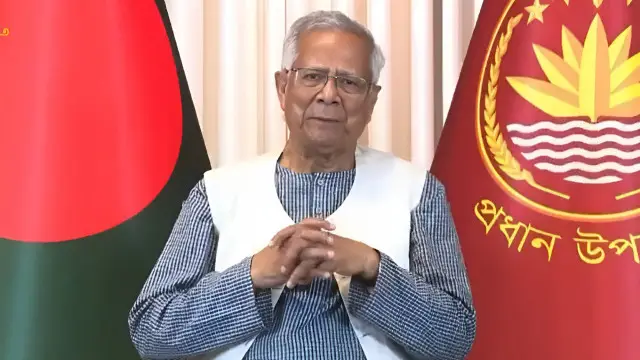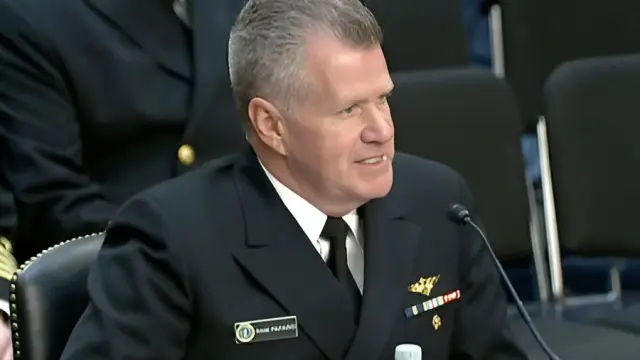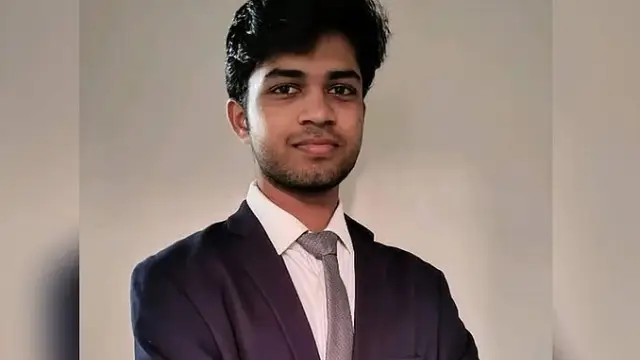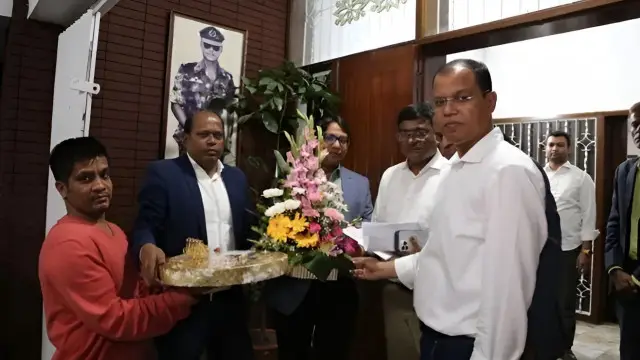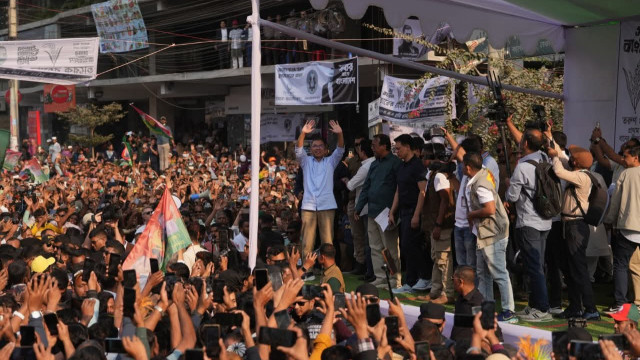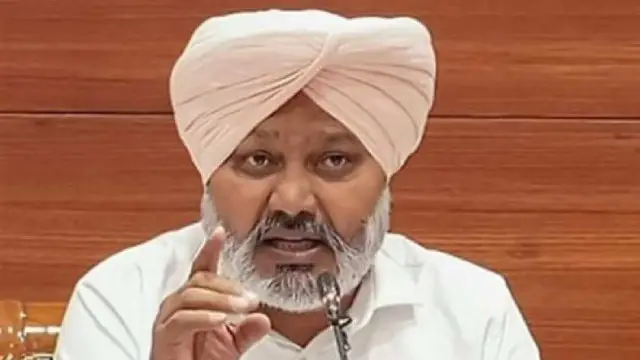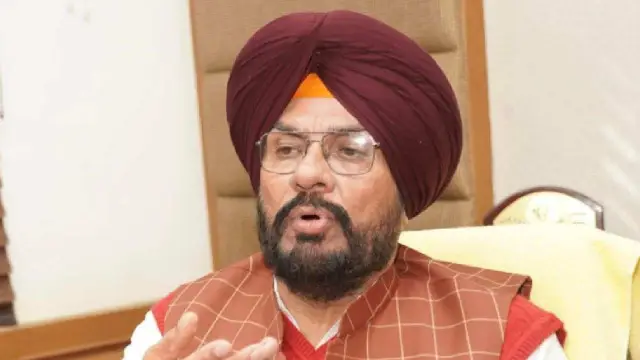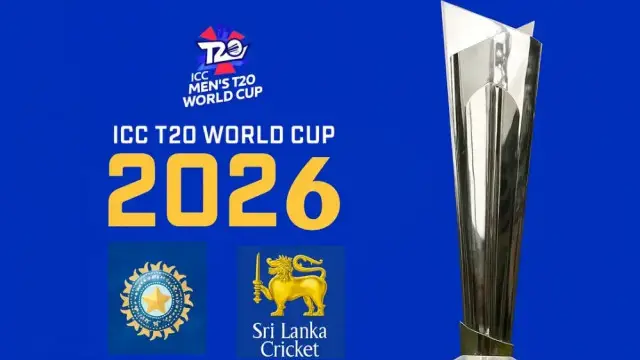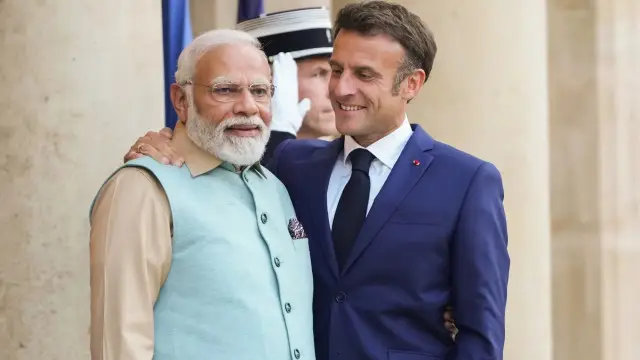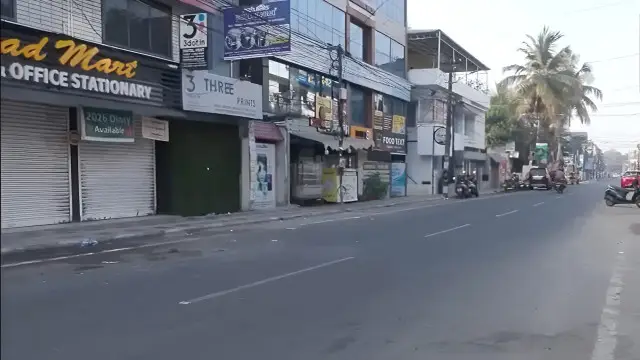Trade talks stalled due to Trump's decision; India faces the challenge of finding new markets
The US doubled import duty on Indian goods to 50% over Russian oil purchases, which India termed unfair. PM Modi vowed to protect farmers’ interests and sought stronger global partnerships, including with Russia and China.
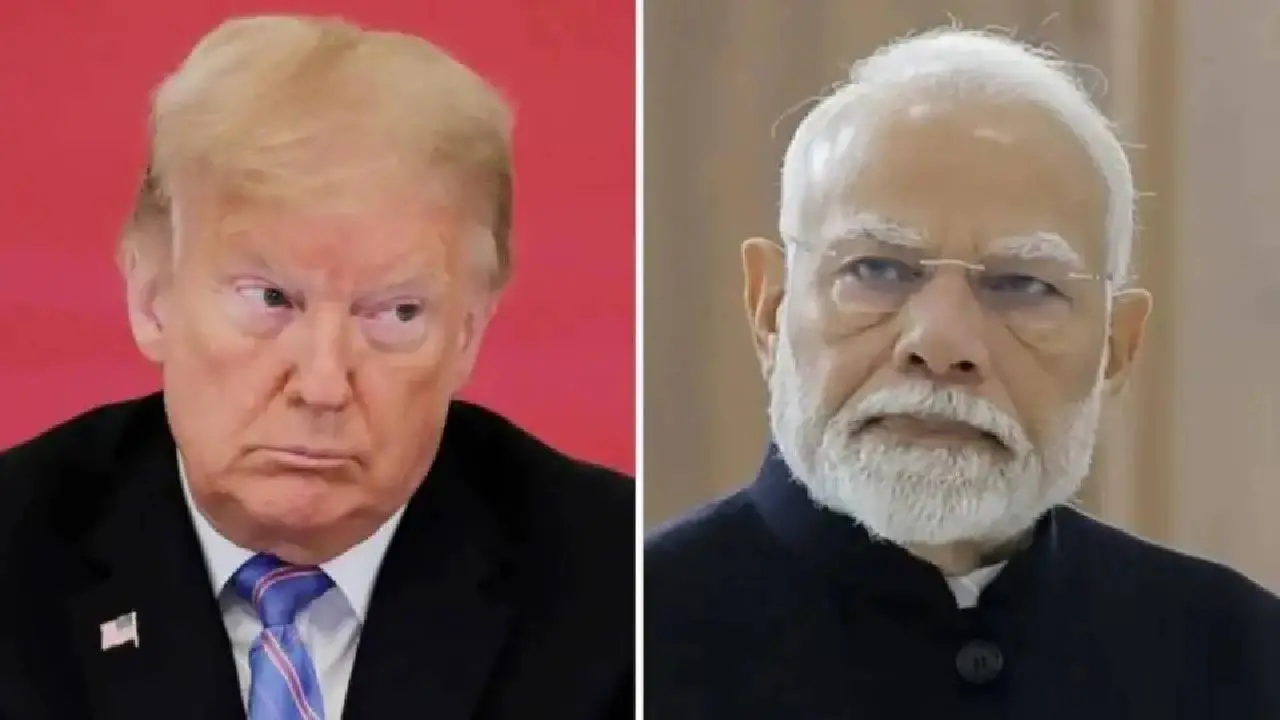
International News: Amid US efforts to increase pressure on Russia over the Ukraine war, India has now become a direct target. On August 6, US President Donald Trump announced an increase in the import duty on Indian goods from the current 25% to 50%. The reason for this was said to be New Delhi's continued purchase of oil from Russia. India has termed this move as unfair and irrational. This increased duty will come into effect from August 27.
Trump's aim is to push President Vladimir Putin towards a truce by reducing Russia's oil income. On Thursday, he made it clear that no trade talks with India are possible until the tariff issue is resolved. In the Oval Office, he said that until this matter is resolved, there will be no talks.
India's response and strategy
Dammu Ravi, Secretary, Economic Relations, Ministry of External Affairs, said that there is no solid logic in this move of America and it is only a temporary challenge. According to him, India can find new markets in such a situation, which include the Middle East, Latin America, Africa, and South Asia. He said that if exports to America become difficult, then we will move towards other opportunities.
Meanwhile, Prime Minister Narendra Modi spoke to Brazilian President Luiz Inacio Lula da Silva over the phone and discussed mutual interests and global issues. Brazil issued a statement saying that both India and it are most affected by Trump's tax hike and will find solutions together.
Growing contacts with Russia and China
On Thursday, Russian President Putin met India's National Security Advisor Ajit Doval at the Kremlin and stressed strengthening the strategic partnership. Foreign Minister S. Jaishankar's visit to Russia is already scheduled, while Putin will visit India by the end of this year.
Modi is also preparing to visit China after seven years, where he will attend the Shanghai Cooperation Organisation (SCO) summit and meet President Xi Jinping. The summit will be held in Tianjin on August 31 and September 1. Chinese Ambassador to New Delhi Xu Feihong also extended moral support to Modi in the tariff dispute and described tariffs as a “pressure tool.”
Modi's statement on farmers' interests
After Trump's decision, Prime Minister Modi said that he will not compromise on the interests of the country's farmers, dairy, and fisheries sector, even if he has to pay a heavy price for it. At a program in New Delhi, he said that the welfare of farmers is paramount for us, and there will never be any compromise on this.
America's Comprehensive Tariff Policy
The US move is not limited to India. The Trump administration has chalked out a strategy to impose security-based sectoral tariffs on a range of commodities such as semiconductors, pharmaceuticals, automobiles, steel, aluminum, copper, and wood. The duty on microchips could reach 100%. China too is separately at risk of potential tariff hikes, especially if it continues to buy oil from Russia.
It is clear from this entire development that Washington's economic policies are directly affecting the global trade balance, and India can now move towards finding new options in its foreign and trade policy.




